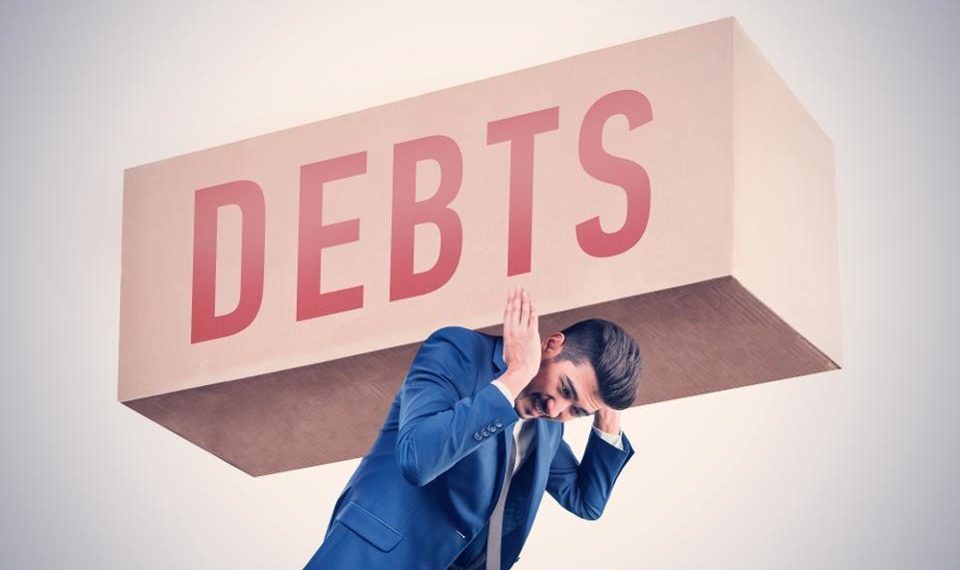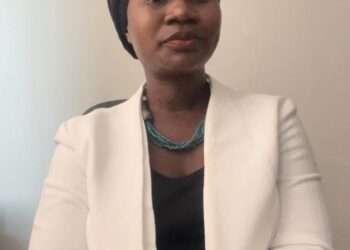The country mission of the International Monetary Fund (IMF) has recommended that in order to tackle the debt vulnerabilities facing the country, a deeper, more equitable fiscal effort should be pursued.
This follows the mission’s visit to Ghana, led by Carlo Sdralevich, the IMF Division Chief in the African Department. The mission’s work spanned April 28 to May 12, 2021.
The IMF mission noted that while Ghana has managed the COVID-19 pandemic tremendously well, it continues to suffer escalated debt vulnerabilities as a result of the pandemic.
In a statement issued by the mission head, he stated that: “The 2021 budget’s recent policy pivot towards fiscal consolidation is an important step in the right direction and a difficult one in a pandemic.
“Fiscal consolidation should be deepened and anchored around debt and debt service reduction to create space for social, health, and development spending.”
This notwithstanding, the mission said on Friday that Ghana’s economy is rebounding, following strong policy support by the government to cushion the impact of the pandemic.
“Ghana has managed very effectively the COVID-19 outbreak in the country, and thus succeeded in protecting lives. Almost 93,000 cases have been confirmed, and unfortunately 780 people have died as of today. The launch of mass vaccine rollout has been a breakthrough, with the administration of approximately a million doses as of end-May.
“Given the social and equity implications, fiscal consolidation should rely more on progressive revenue and spending measures, while guaranteeing fiscal support to the most vulnerable and social safety nets.”
He also maintained that while Ghana has made progress in rationalizing power generation, “the financial viability of the energy sector affects people’s daily life and will remain a drag on productivity and a driver of public debt if not addressed decisively.”
Thus, he underscored that improving efficiency and collections remain a priority to achieve substantial savings.
Ghana’s debt vulnerability
The pandemic has left big scars on the Ghanaian economy including slowing down real GDP growth to a record low of 0.4 percent in 2020. The country’s debt to GDP ratio as at year-end 2020 reached 76.1 percent from 64.4 percent in 2019.
“Government interventions in 2020 also exacerbated pre-existing fiscal rigidities and public debt vulnerabilities. The government deficit, including energy and financial sector costs, reached 15.5 percent of GDP, while annual gross financing needs exceeded 20 percent of GDP. Public debt rose to 78 percent of GDP in 2020, from 64.4 percent in 2019, including ESLA of GHs7.63 billion in 2020.”
Carlo Sdralevich, IMF Division Chief, African Department
Meanwhile, the government over the period has been implementing the CARES program indicating its efforts to accelerate the growth of SMEs, and aiding in their competitiveness within the AfCTA.
Carlo Sdralevich further indicated that, “the CARES program has the potential to be transformative and inclusive for the Ghanaian economy, buttressed by its emphasis on SMEs and digitalization as well as leveraging the AfCFTA.”
Going forward, he noted that “the planned audits of COVID-19 emergency spending and of arrears accumulated in 2020 — in addition to routine budgetary reporting practices — are welcome as they will help account for the increase of spending and its effectiveness, and provide lessons to improve the robustness of Public Financial Management systems.”
READ ALSO: Gov’t spends GH¢ 221.4m on Climate Action in 2020





















